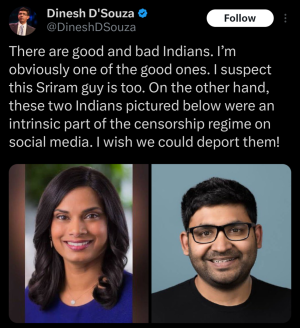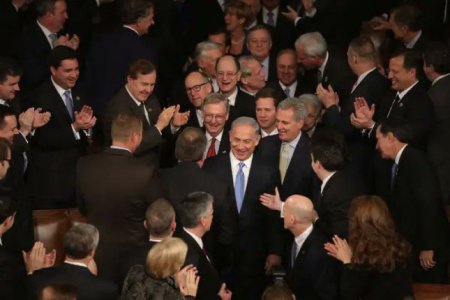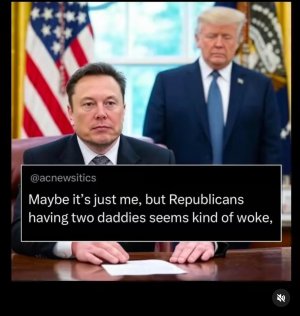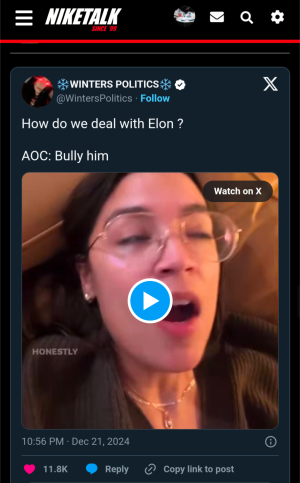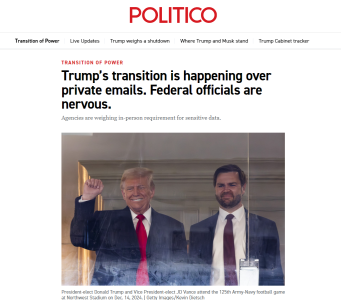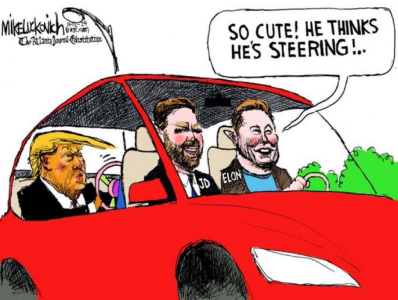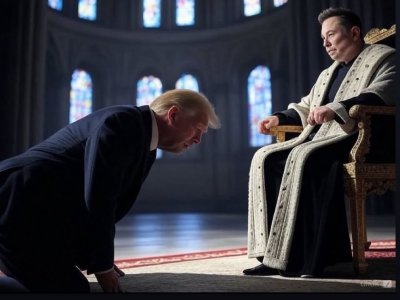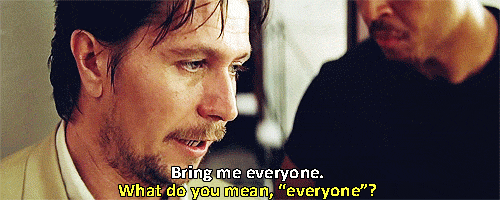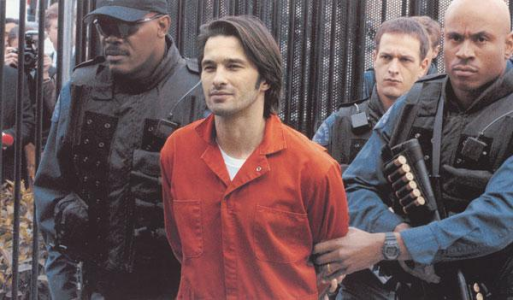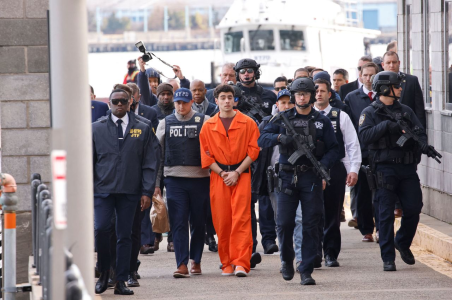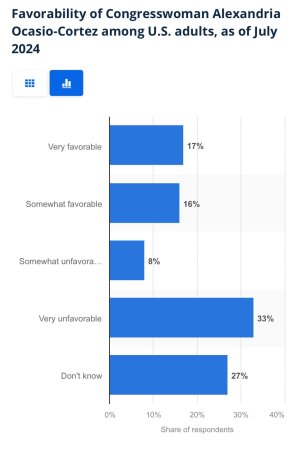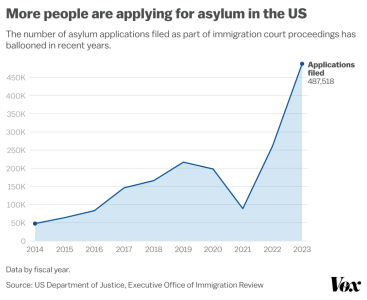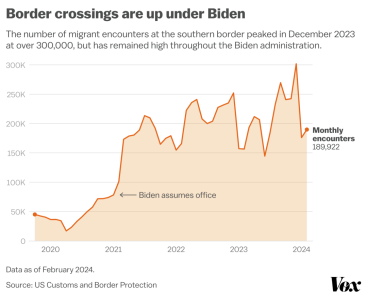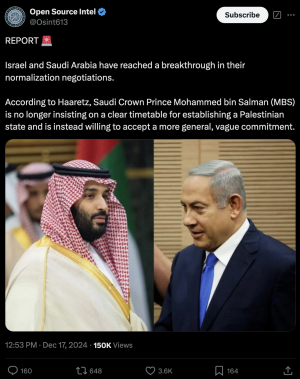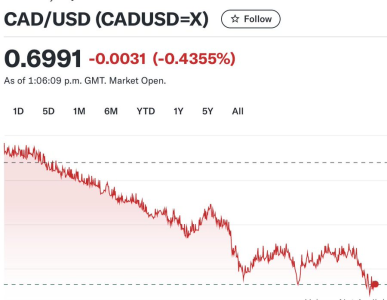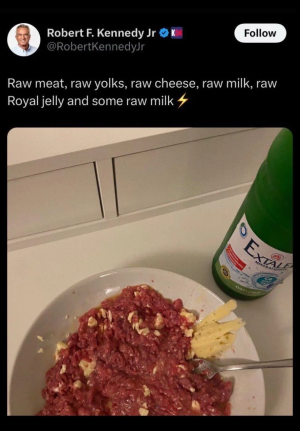- Aug 11, 2012
- 55,748
- 147,969
I want to respond to the bolded part. Influence and greed (and from some credible sources…rubles) changed them. They are known grifters.Prior to TRUMP going on ROGAN, ROGAN straight up bad mouthed that man and breathed HOT FIRE ON HIM.
You can say ROGAN was always on board but I don't agree.
Trump didn't say "hey man it is a waste for me to go on ROGAN, he already has his mind made up"
Nah, buddy said let me shoot my shot.
Me asking if they were in on it doesn't really make sense, of course they were in on it, They supported him.
Before they supported him though? He just put a spell on them and changed the minds?
Sure you say many called them changing back in 2018, I take your word for it but still..........until they shifted they were life long Supporters of the Democratic Party.
So they were playing the long game as double agents?
The point is, words and works, money, power, greed or actions shifted their standing.
At some point somebody or something sold them on switching up.
Same way A LOT of folks recently switched up. They each have their own reasoning and they all differ but it was all work from TRUMP and his team.
Whether you believe it or Not I believe Rogan was NOT supporting TRUMP before Trump and ELON put in the work to sell him on it.
So saying for anybody to do Rogan would be pointless just doesn't add up, no matter who it is.
What I’m saying is those specific people are indeed “in on it”. And yes, some are double agents in many senses (like Tulsi…who’s been called out nationally for it). So it is no surprise. Especially when they are using talking points. That’s the part that pisses me off. They don’t really try to hide it
 . And if you have a discerning eye, it’s easy to see. But also easy to fool people.
. And if you have a discerning eye, it’s easy to see. But also easy to fool people.Rogan simply is NOT bringing on anyone who would really push a left wing message.
Sam Seder (who actually knows Rogan and used to go on)….is legit blacklisted from Rogan. Kyle Kulinski (one of rogans buddies on the left)….is also blacklisted from Rogan.
Sam Harris as well. These are the things you don’t know. But these are huge people in these spaces with the influence that you are looking for, that would spread that message. Destiny as well.
Look them up.





